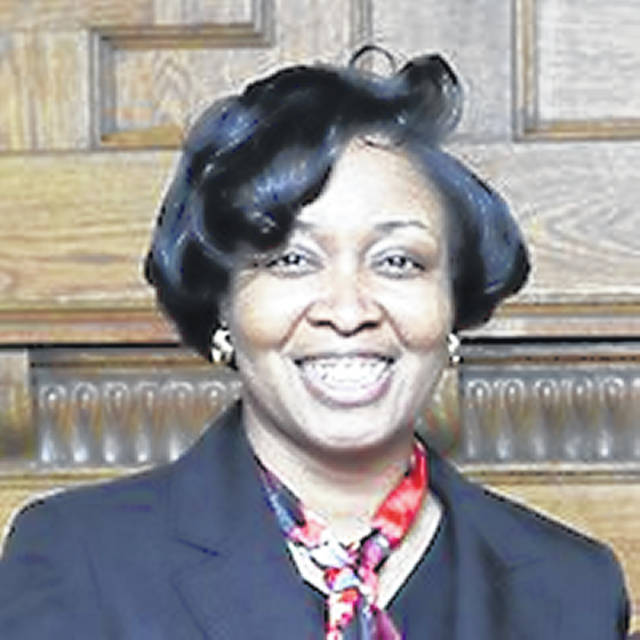At the end of October, NPR reposted a story that featured an interview with Sharon Riley, the pastor of Orlando, Florida’s Agape Perfecting Praise and Worship Center. In response to Florida banning AP African American History and the state placing restrictions on how Black history is taught in public schools, Riley is providing master classes for her congregation, which consists of many families with school-aged children. She explained to NPR’s Danielle Prieur that “there are certain pieces of information relevant to our history that are not [being] taught.”
Riley isn’t the only pastor who stepped in to fill this educational void. The Rev. Gaston E. Smith, senior pastor of Friendship Missionary Baptist Church in Miami, and more than 200 predominately Black churches are offering courses that will provide in-depth lessons on topics that include the transatlantic slave trade, Reconstruction, the Jim Crow era, the Great Migration and the civil rights movement. These churches have been assisted by Faith in Florida, a nonprofit alliance of religious organizations, who helped develop an online toolkit listing recommended books, scholarly articles, videos and documentaries.
As the fall of this school year comes to an end, it has definitely been quite a belligerent one in the Sunshine State regarding Black history instruction. Thinking back to when Florida’s Board of Education authorized controversial guidelines in July that included students being taught that some slaves benefitted from “useful skills,” the question that I kept pondering was what are detractors of Black history so afraid of? Why, for instance, in the case of Florida has a fierce battleground resulted when the state has been required to teach Black history since 1994?
The obvious answer, of course, would be the bitter political polarization in our country. Florida Gov. Ron DeSantis and other state officials who have put limitations on Black history curricula believe that many teachers conduct their classes from a “woke” perspective, which is one of the primary reasons DeSantis signed the Stop Wrongs to Our Kids and Employees Act into law in 2022. This political wrangling over Black history in Florida, and other states that include Texas, Mississippi, Arkansas and Virginia, has resulted in what March on Washington film festival founder Robert Raben calls an “educational Underground Railroad.”
It is not surprising that Black churches would step up in this manner, especially when considering the pivotal role Southern Black churches played in providing educational access for their communities after slavery ended. For example, Dexter Avenue Baptist Church, now known as the Dexter Avenue King Memorial Baptist Church in honor of Dr. Martin Luther King Jr., was founded in 1877 in Montgomery, Alabama. Just a decade after being established, the church’s lower unit conducted classes for the Normal School for Colored Students, which later became Alabama State University. Many years later, King organized the strategy for the Montgomery Bus Boycott while pastoring the Dexter Avenue congregation.
While it is unfortunate that a contentious fight persists over the instruction of Black history in Southern states, Black churches have a special opportunity to teach about the arduous struggles and the triumphant achievements of African Americans in the spirit of Godly love. Love was at the core of how King and other civil rights leaders shaped the movement, and King taught that “[love] is the heartbeat of the moral cosmos.” Love must be an essential component in teaching children Black history in the church since much of it is distressing as well as inspirational. Through learning about the horrors of American slavery that included family separation, violent rapes and brutal floggings to current social justice fights against police brutality, the church must teach children to love those with racial hatred in their hearts, and as Christ commanded, “[to] pray for them which … persecute you.”
When John Lewis was a young activist in the movement under King’s tutelage, he mentioned that when he was denied a hamburger and a Coke during one of the 1960s’ sit-ins in Nashville that it was “a moving feeling within” to “keep loving the people” who refused to serve him. If we teach our children to love as they learn about the adversity of our past, they will understand, as King once said, that “love is ultimately the only answer to mankind’s problems.”
Dr. Jessica A. Johnson is a lecturer in the English department at The Ohio State University-Lima. Reach her at [email protected] or on Twitter @JjSmojc. Her opinion does not necessarily represent the views of The Lima News or its owner, AIM Media.







